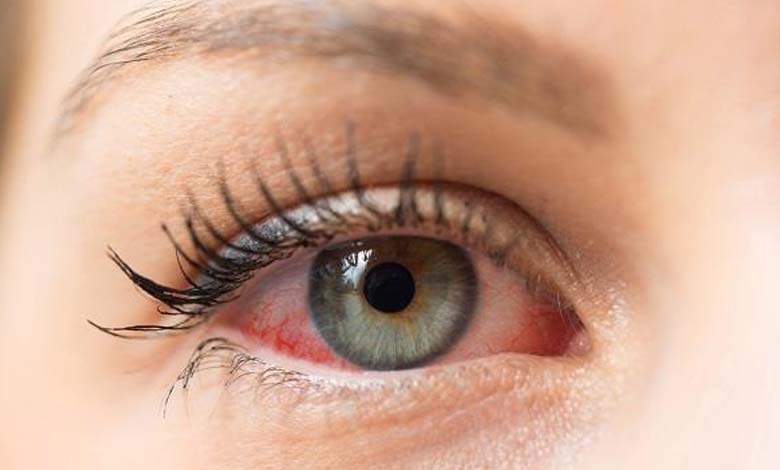The Eye: The Most Affected Organ by Rising Temperatures

High temperatures and scorching sunlight are the hallmarks of a heatwave. While we know we should turn on the air conditioner, drink water, and apply sunscreen, an important part of the body is often neglected: the eyes.
According to “India Express,” Dr. Puneet Jain, senior consultant in ophthalmology at “Sharp Sight” hospitals, highlights why your eyes feel the heat more than you realize and how to keep them safe during these hot periods. So, get rid of the squinting and itching by learning how to beat the heatwave and keep your vision cool and clear.
First, we need to understand why the eyes are at risk during heatwaves. Although your eyes may not be the “most affected” organ during a heatwave, they certainly feel the impact. Dr. Jain explains that the combination of high temperatures and dry air disrupts tear production, leading to dryness and irritation of the eyes.
Additionally, intense sunlight adds another layer of stress, causing glare and eye strain during increased outdoor activities such as swimming, which can further irritate the eyes due to chlorine and other chemicals.
Many people prioritize hydration, sunscreen, and protective clothing during heatwaves, but eye care is often neglected. Dr. Jain warns that this neglect can have severe consequences. UV exposure, especially intense during heatwaves, can cause immediate discomfort like photokeratitis (corneal sunburn) and long-term issues like cataracts and macular degeneration.
Dry and hot conditions also exacerbate dry eye syndrome, leading to significant discomfort and potential damage if left untreated.
To keep your eyes cool and protected during a heatwave, wear sunglasses that block 100% of UV rays, which protect the eyes from harmful radiation and reduce glare.
It is also advisable to wear wide-brimmed hats that provide additional protection by blocking direct sunlight from reaching the eyes.
Moreover, drinking plenty of fluids helps maintain tear production, keeping your eyes hydrated and comfortable. Use lubricating artificial tears for dry eyes after consulting an ophthalmologist, and limit direct sun exposure, especially between 10 a.m. and 4 p.m. when UV rays are at their peak.
Regular eye exams ensure that appropriate preventive measures are taken.












